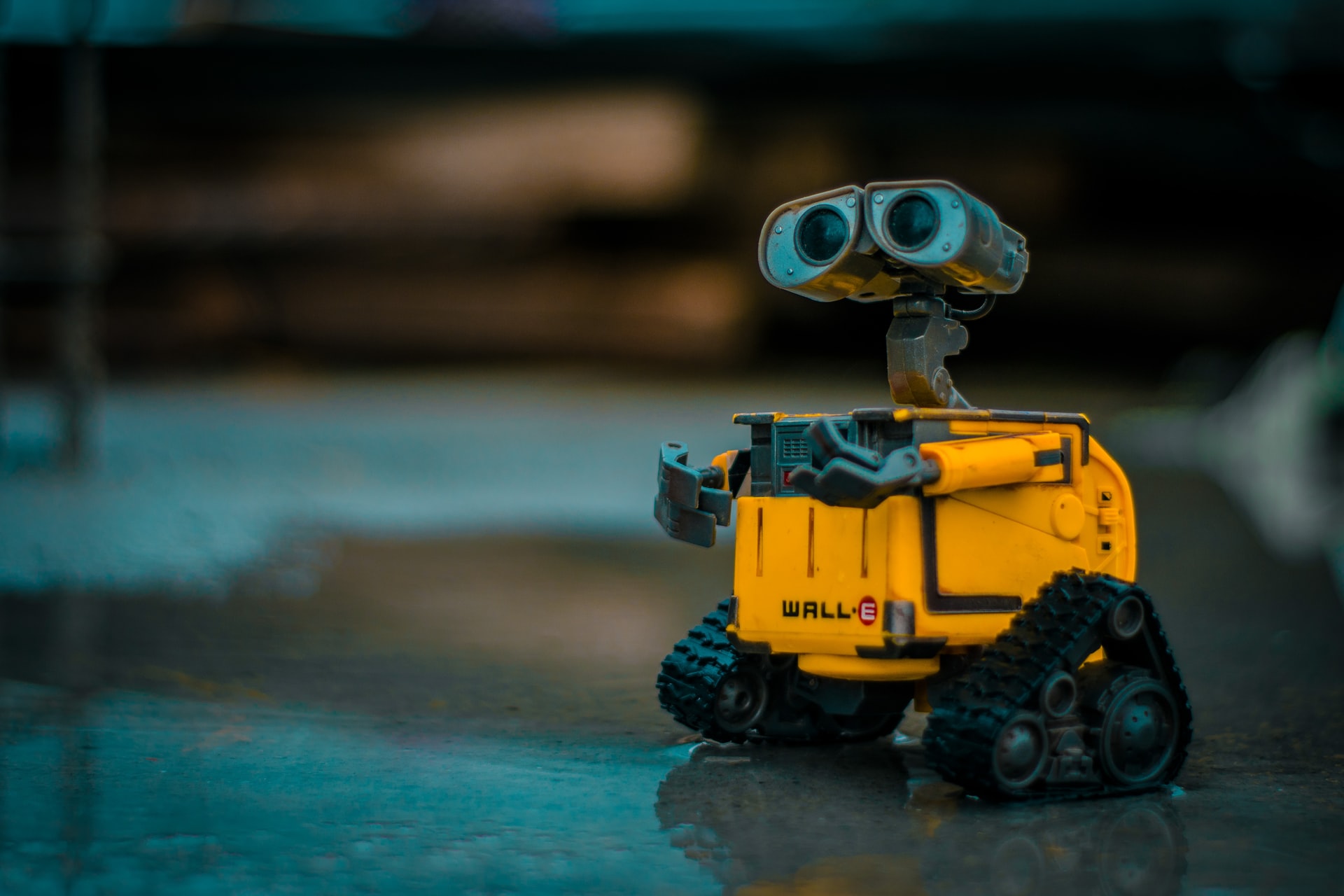AI in itself is a solid concept. The idea that human intelligence can one day be embedded into lifeless pieces of interconnected metal may have sounded blasphemous in the past but becomes increasingly plausible as time passes. Parallely so does the idea of said metal identifying its creators as a plague that requires extermination (I agree, r/thanosdidnothingwrong). In 1993 this idea was popularized as the technological singularity. But will such a situation ever arise? Or are we overthinking this just like everything else?
Before we attempt to answer these questions let's clear some stuff up. Whatever "AI" the tech industry is feeding us (as of april 2020) is no more than a blatant hoax. It is simply a buzzword to make sheep cough up the buckaroos (or to attract an audience *wink*). Anyone even remotely interested in the field would know what we have achieved so far can, at best, be termed as 'DL' or Deep Learning. But I hear you saying, Kaushik, whats the damn difference. Give me a minute here, a software equipped with Deep Learning can "learn" or simply put, learn to correct its mistakes over several attempts at solving one particular problem. That's it, that's all our "artificially intelligent" machines can do. Even the best ones, such as the popular 'Sophia' is no more than a glorified chatbot that uses a Natural Language Processing model to recognize speech and react to it. Don't get me wrong though, her NLP is incredibly complex and over time her responses improve (not to mention she is also a citizen of Saudi Arabia). She even has motors to mimic facial muscles, but even then she is nowhere close to our original notion of Artificial Intelligence. She cannot think or have ideas and her expressions will always be a little off from an average human.
So Will We Ever Achieve AI?
Our brain is an incredible machine, most of which we do not yet understand. It continuously improves itself by discarding information and skills it no longer needs, and reorganizing its connections to maintain efficiency through mysterious processes called 'neuroplasticity', almost like a program altering its source code (or like Ultron making upgraded versions of himself). To replicate these features synthetically would require enormous leaps in technology.

However recent developments in Quantum Computing show great promise in overcoming the limitations of classical computers and hint at exponential gains in processing power, finally overcoming Moore's Law (which states that the processing power of classical computers double every two years). Quantum computers try to harness almost otherworldly quantum phenomena to make calculations way faster than our normal 'classical' computers. I say try to because we aren't quite there to taking full advantage of our quantum overlords as obstacles such as the absurdly low temperatures required to carry out quantum operations stand in our way. But judging from where we are today AI certainly doesn't seem too far fetched or otherwise an impossibility.
What's the Endgame ?
If a superior alien civilisation sent us a message saying, "We'll arrive in a few decades," would we just reply, "OK, call us when you get here - we'll leave the lights on"? Probably not, but this is more or less what is happening with AI. All we can do for now is pray that when AI is at the horizon we have the foresight to contain it, prevent the singularity and use it to get answers to questions we ourselves cannot comprehend, as it was built for. Or am I overthinking this?
P.S : The AI I'm referring to here is technically AGI; that's Artificial General Intelligence. Such a word is necessary to refer to the true AI because to the general public, the line between AI and ML is blurred (blame Silicon Valley). Also the title explicitly states "the one involving robots" because there is another Singularity that refers to a point in spacetime where the rules of our Universe break down. This is what existed before the big bang. A story for another day perhaps.